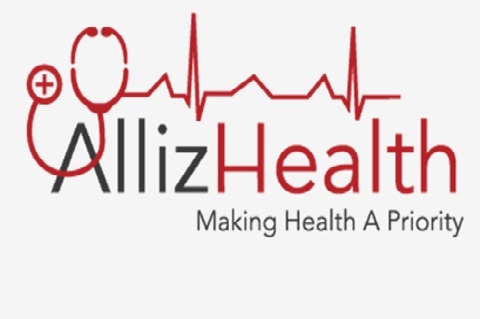
In medical school, students are taught to concentrate on more common diseases, not “zebras”–slang for a surprising diagnos. Now, the zebras have taken to the web at FindZebra.com, a new search engine for medical professionals which navigates the web quickly to identify rare and genetic diseases.

Researchers from the Denmark and London recently authored a study describing FindZebra, published in the International Journal of Medical Informatics. They sought out to assess how well web search engines, such as Google, work for diagnostic queries, and what contributes to web research success or failure.
The results determined that FindZebra outperformed Google Search in both “default setup” and “customized to the resources used by FindZebra.” The authors concluded that a specialized search engine can improve online diagnostic quality without a loss of ease of use that popular search engines possess.
“The current popularity of web search engines [primarily Google] and medical databases [primarily PubMed] for aiding in diagnosis may appear a bit surprising, as these tools are not optimized for this task,” the authors wrote. They added that because clinicians’ queries on rare diseases are more feature-rich, but harder for a search engine than regular web search queries, they should be processed as such.

According to the researchers, rare or orphan diseases are especially hard to diagnose. Based on that premise, they uated the web search engines for rare disease diagnosis, in addition to introducing FindZebra, which they described as a “specialized [vertical] rare disease search engine.” Powered by open source search technology, FindZebra uses curated online medical information that is open to the public.
Though it should be tailored for physicians, as well, online health information can be very useful. In late 2012, a survey published in the Journal of Communication found that 11 percent of respondents said they would be dead or severely incapacitated if not for information they found online. In the same survey, 41 percent said they were comfortable checking their own symptoms using websites.
Be a part of Elets Collaborative Initiatives. Join Us for Upcoming Events and explore business opportunities. Like us on Facebook , connect with us on LinkedIn and follow us on Twitter , Instagram.













